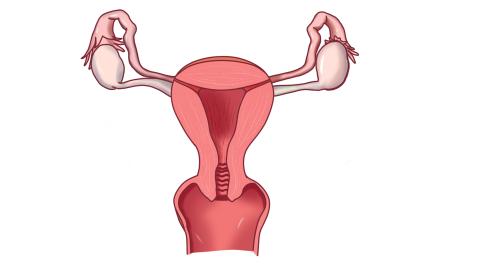What can be done about vaginal laxity in women?
Generally, vaginal laxity in women may be caused by obesity, aging, pelvic floor muscle injury, endocrine disorders, or vaginitis. Treatment options include general therapy and medication, under the guidance of a physician. A detailed explanation is as follows:

1. Obesity
Obesity can lead to vaginal relaxation primarily because excess weight increases abdominal pressure, placing long-term strain on the pelvic floor muscles and causing fatigue, relaxation, or even damage. It is recommended to lose weight through reasonable dietary changes, such as eating more vegetables and fruits, to reduce body weight.
2. Aging
With increasing age, estrogen levels in women decline, leading to a reduction and atrophy of elastic fibers in the vaginal wall and a decrease in muscle tone, which causes vaginal relaxation. This is a natural physiological process. Maintaining a healthy lifestyle and engaging in appropriate physical activities, such as yoga, can help sustain bodily functions and slow down the vaginal laxity process.
3. Pelvic Floor Muscle Injury
Pelvic floor muscle injury often occurs due to excessive stretching or tearing during childbirth or engaging in heavy physical labor too soon after delivery, preventing full recovery of the pelvic floor muscles and resulting in vaginal laxity. Symptoms may include uterine prolapse and a sensation of pressure in the lower abdomen. Patients should follow medical advice to use medications such as amoxicillin capsules, metronidazole tablets, and mirabegron extended-release tablets for treatment.
4. Endocrine Disorders
Endocrine disorders may be associated with long-term mental stress, irregular lifestyle habits, and other factors. Hormonal imbalances can lead to insufficient estrogen secretion, causing thinning and reduced elasticity of the vaginal mucosa, which results in vaginal relaxation. Symptoms may also include menstrual irregularities and worsening skin condition. Patients should use medications such as estradiol valerate tablets, Kuntai capsules, and Wuji Baifeng pills under a doctor's guidance.
5. Vaginitis
Vaginitis may be caused by bacterial, fungal, or viral infections. Inflammation can cause congestion and swelling of the vaginal mucosa, affecting vaginal tightness. Patients often experience symptoms such as itching of the vulva, abnormal vaginal discharge, and odor. Treatment options include using medications such as metronidazole suppositories, clotrimazole suppositories, and clotrimazole vaginal tablets, as recommended by a physician.
In daily life, individuals should avoid prolonged urine retention to reduce pressure on the pelvic floor. Additionally, weight should be controlled to prevent abdominal pressure caused by obesity.







